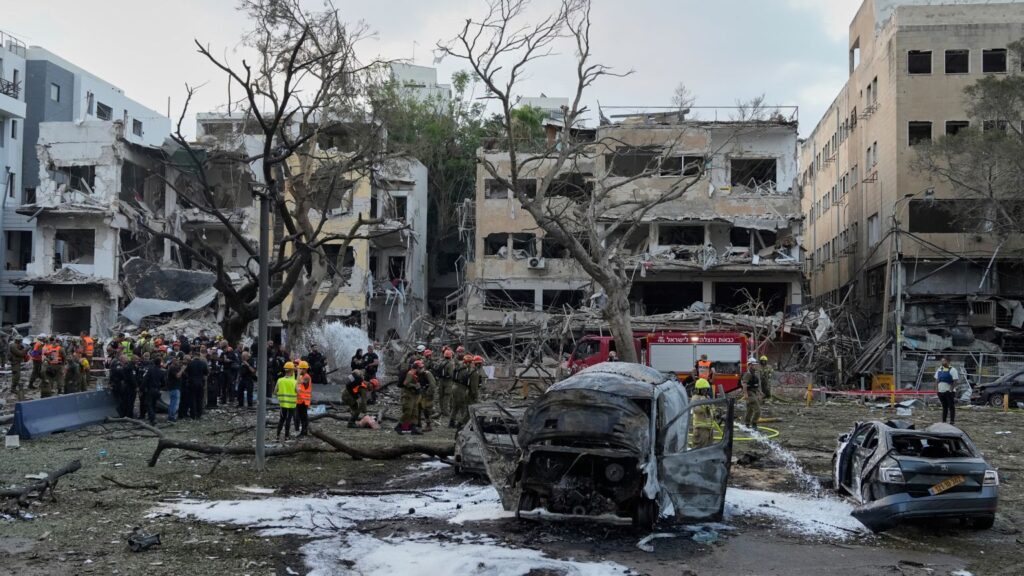
Introduction
The ongoing conflict between Israel and Iran remains one of the most significant geopolitical tensions in the Middle East. As these two nations navigate a complex web of military threats, diplomatic negotiations, and regional proxy wars, the situation continues to evolve rapidly, drawing attention from global powers and impacting international relations. Understanding the latest developments is crucial for observers of Middle Eastern politics and international security.
Recent Escalations
In recent months, tensions have escalated significantly as both countries have engaged in hostile rhetoric and military exercises. Israel’s Prime Minister, Naftali Bennett, has reiterated the country’s mandate to prevent Iran from obtaining nuclear weapons, emphasizing that Israel will act decisively against any Iranian threats. Reports indicate that Israel has conducted a series of airstrikes on Iranian targets in Syria, which is perceived as a direct attempt to disrupt Iranian military entrenchment in the region.
On the other hand, Iran has responded with heightened missile tests and increased support for proxy groups across the region, particularly in Iraq and Lebanon. The Iranian Revolutionary Guard Corps has claimed to have developed advanced missile capabilities, putting both military bases and civilian infrastructure in Israel within range. Iran’s involvement in various regional conflicts, including its support for Hamas in the Gaza Strip and Hezbollah in Lebanon, has raised alarms in Israeli security circles.
International Reactions
The international community is closely watching these developments. The United States has reiterated its support for Israel, emphasizing its right to defend itself against Iranian aggression. However, the Biden administration is also advocating for renewed negotiations regarding Iran’s nuclear program, complicating the situation. European nations continue to push for diplomacy while also expressing concern over Iran’s advancements in uranium enrichment, which are perceived as steps toward creating a nuclear weapon.
Conclusion
The ongoing Israel-Iran conflict illustrates the intricate dynamics of Middle Eastern politics and the potential for broader regional instability. As both nations double down on their military posturing, the risk of confrontation grows. Observers anticipate that any miscalculation could lead to a significant military escalation, drawing in regional allies and superpowers alike. For readers, staying informed about these developments is critical, as they will influence not only the future of the Israel-Iran relationship but also broader global geopolitical dynamics in the coming months.



